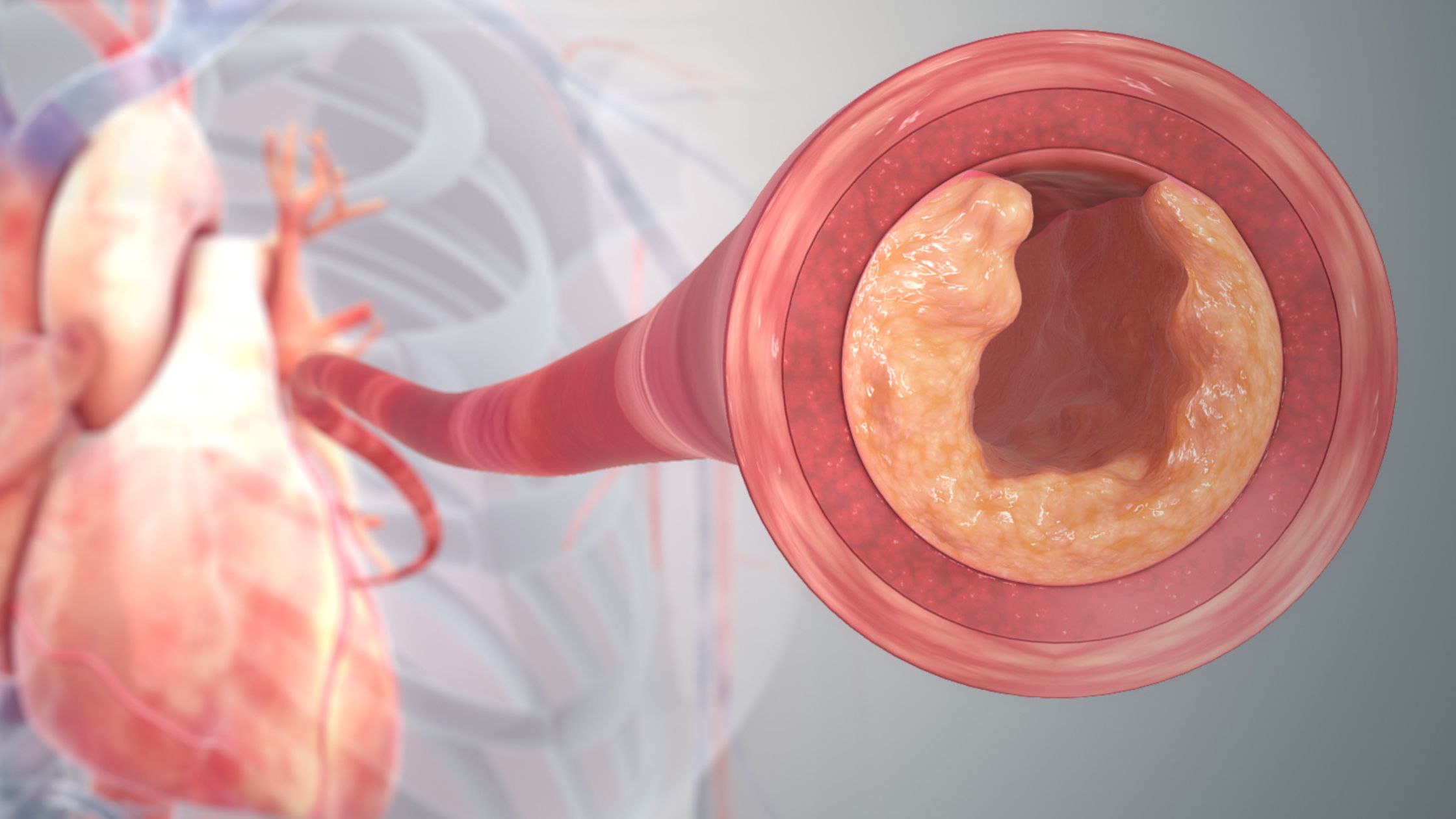Sinus Infection (Sinusitis)
Summary: Sinus infection, or sinusitis, is a common condition where the sinuses become inflamed and swollen, often due to an infection. This inflammation obstructs the sinuses, leading to symptoms like facial pain, nasal congestion, and a runny or stuffy nose. The treatment for sinusitis varies based on the severity and duration of symptoms.
Common treatments include over-the-counter medications, nasal irrigation, and, in more severe or persistent cases, prescribed antibiotics or even surgery.

Causes
Sinusitis occurs when the tissues lining your sinuses become inflamed, often due to an infection. Various factors can contribute to the development of sinusitis:
- Infections: A cold or other respiratory infection can trigger sinusitis. Viruses are usually the primary cause, although bacterial infections can also lead to sinusitis, especially when the condition persists or worsens over time1.
- Allergies: Allergic reactions can cause inflammation in the sinuses, triggering sinusitis. Common allergens include pollen, dust, and pet dander2.
- Structural Issues: Conditions such as a deviated septum or nasal polyps can obstruct the sinuses, leading to sinusitis3.
- Foreign Objects: Objects stuck in the nose or tooth infections can block the nasal passages, promoting sinusitis4.
- Irritants: Exposure to irritants such as smoke or pollution can irritate the sinuses, causing inflammation and potential infection4.
Symptoms
The symptoms of sinusitis can vary from mild to severe and often resemble a cold. They include:
- Facial pain or pressure
- Nasal congestion or stuffiness
- Runny nose
- Loss of smell
- Cough or congestion
- Fatigue
- Headache
- Fever
Treatment
The treatment approach for sinusitis largely depends on the cause and the severity of symptoms. Here are some common treatments:
Home Remedies and Over-the-Counter Medications:
- Decongestants: These medications can help relieve nasal congestion.
- Saline Nasal Sprays: Saline rinses can help clear the sinuses.
- Over-the-counter Cold and Allergy Medications: These may alleviate symptoms such as congestion and runny nose5.
Further Reading: Home Remedies To Fight Sinus Infection
Prescription Medications:
- Antibiotics: If bacteria cause your sinusitis, a healthcare provider might prescribe antibiotics.
- Topical Nasal Steroids: These sprays can reduce inflammation in the sinuses.
- Oral or Topical Decongestants: These can help alleviate congestion5.
Chronic Sinusitis Treatment:
- Intranasal Steroid Sprays: To reduce inflammation.
- Leukotriene Antagonists: Such as montelukast, to treat underlying conditions like allergies56.
Alternative Therapies:
- Acupressure, Acupuncture, or Facial Massage: These therapies might help in reducing sinusitis symptoms like pain and drainage5.
When to See a Doctor:
It’s advisable to consult with a healthcare provider if:
- Symptoms persist for more than 10 days without improvement.
- You experience severe symptoms such as a high fever or vision changes.
- You have chronic sinusitis or recurring sinus infections5.
In conclusion, sinusitis is a treatable condition, and with the right approach, you can effectively manage and alleviate its symptoms. Whether through over-the-counter remedies or prescribed medications, there’s a range of treatment options to help you breathe easier and feel better.
Further Reading: Quickest Way to Treat Sinus Infections






